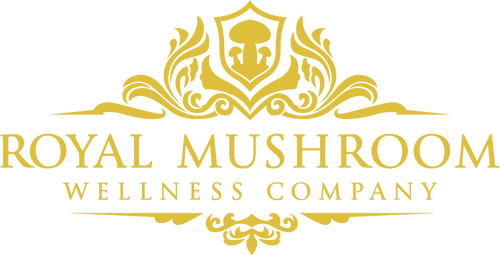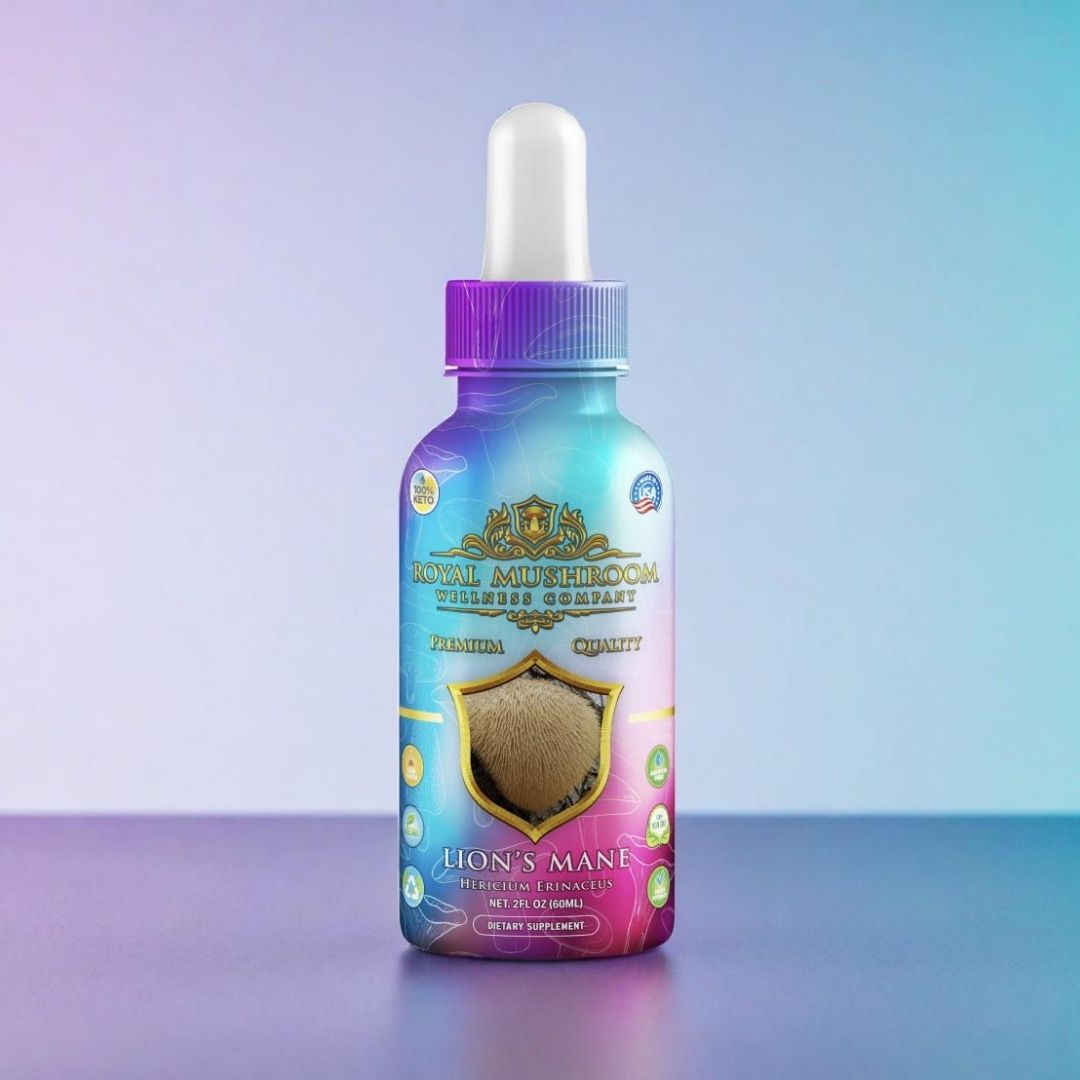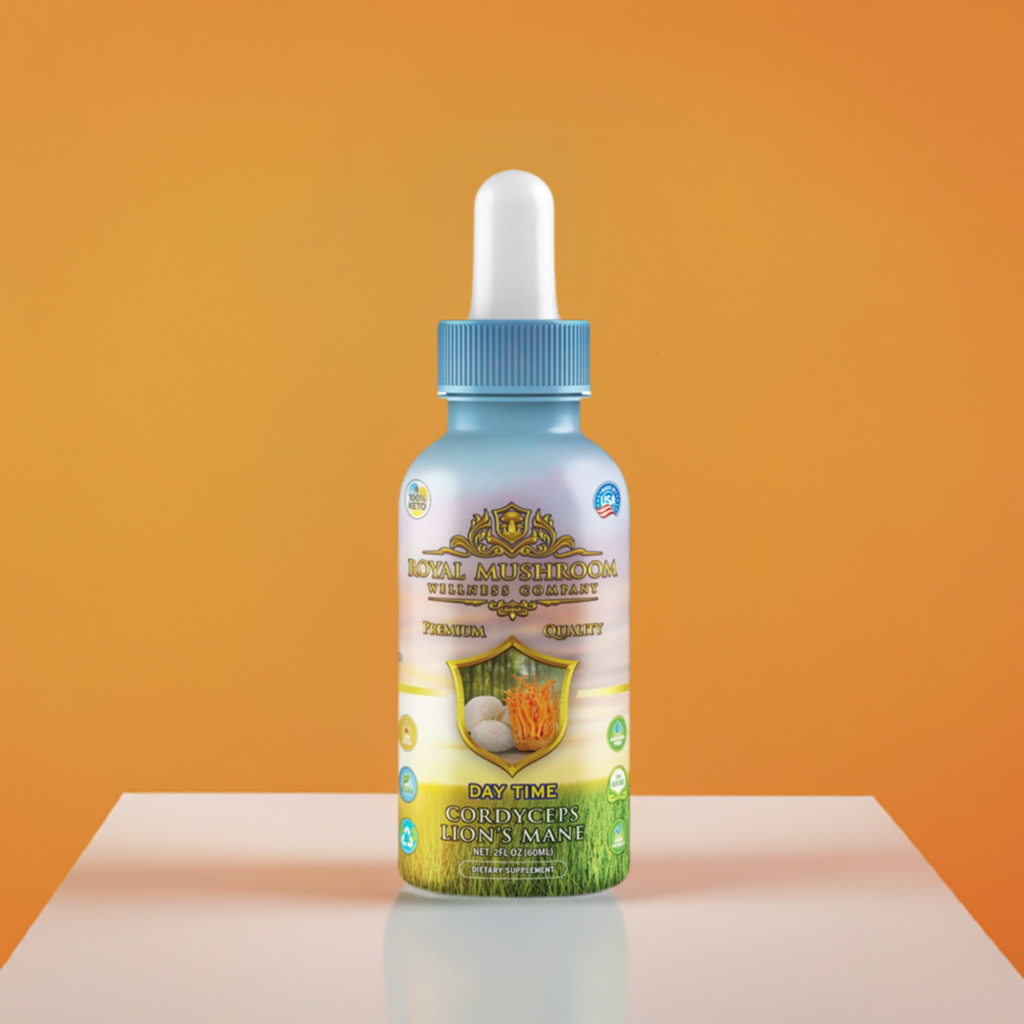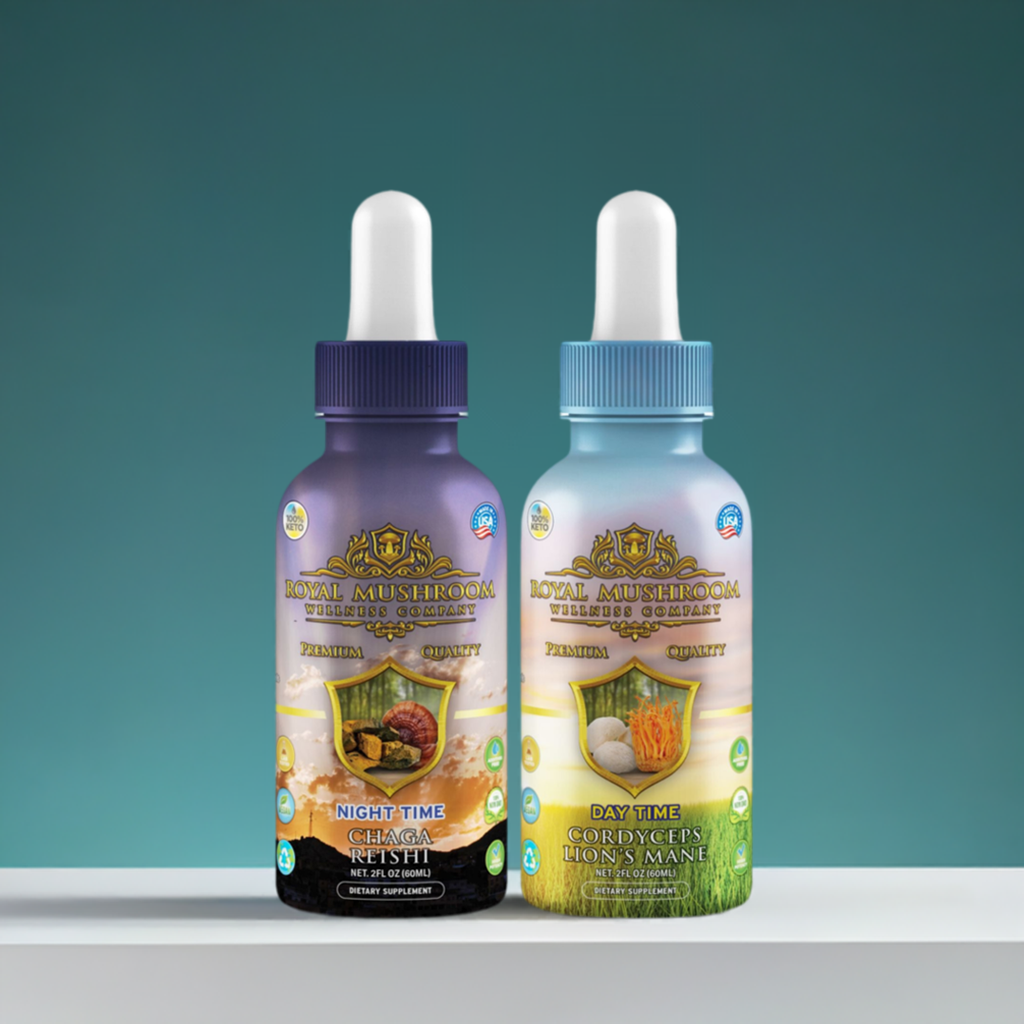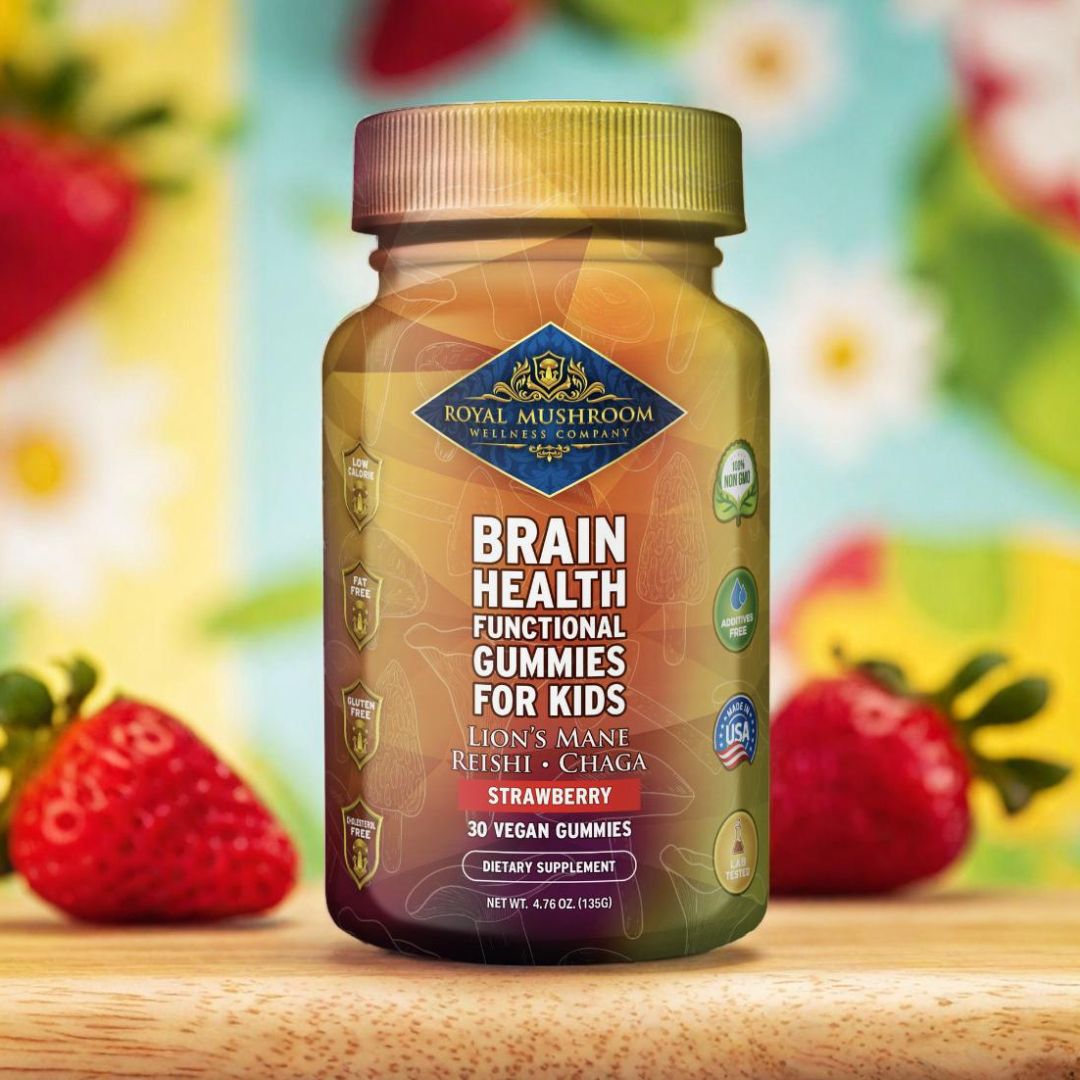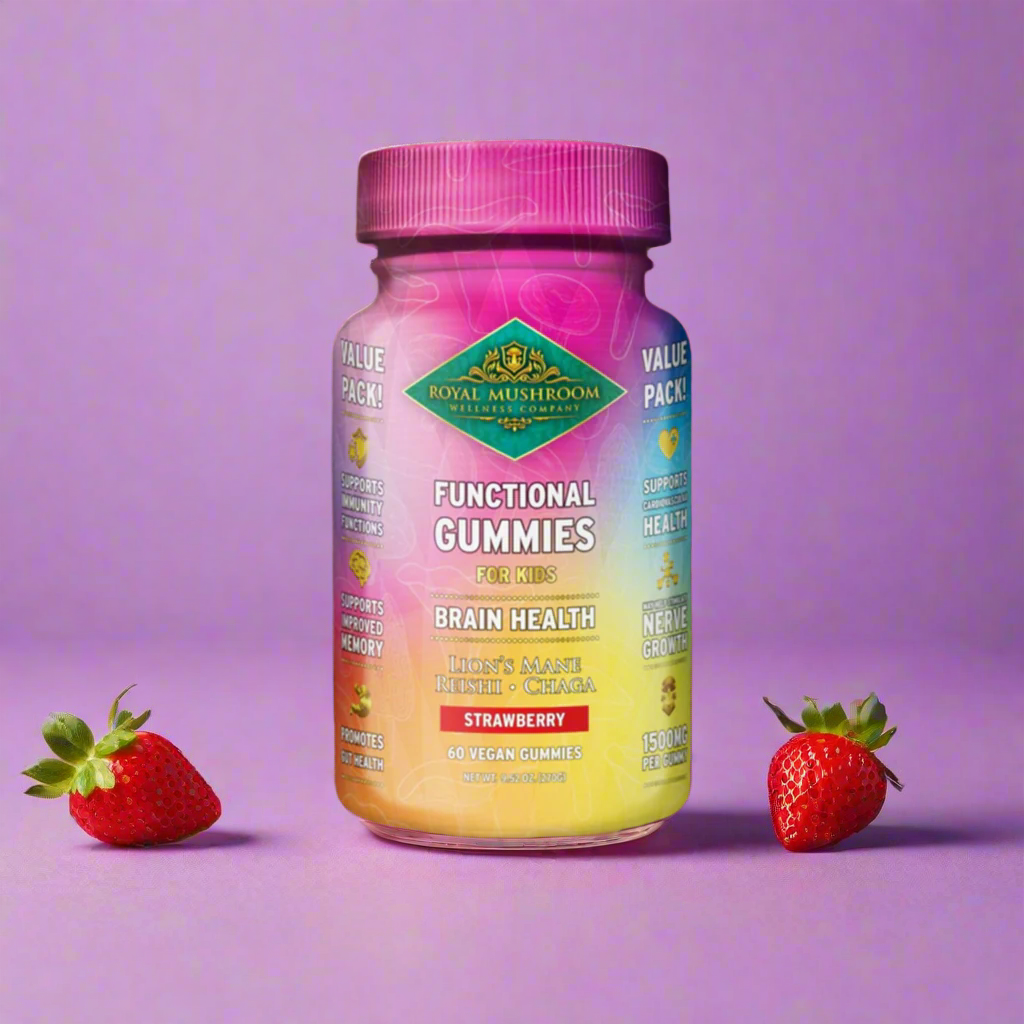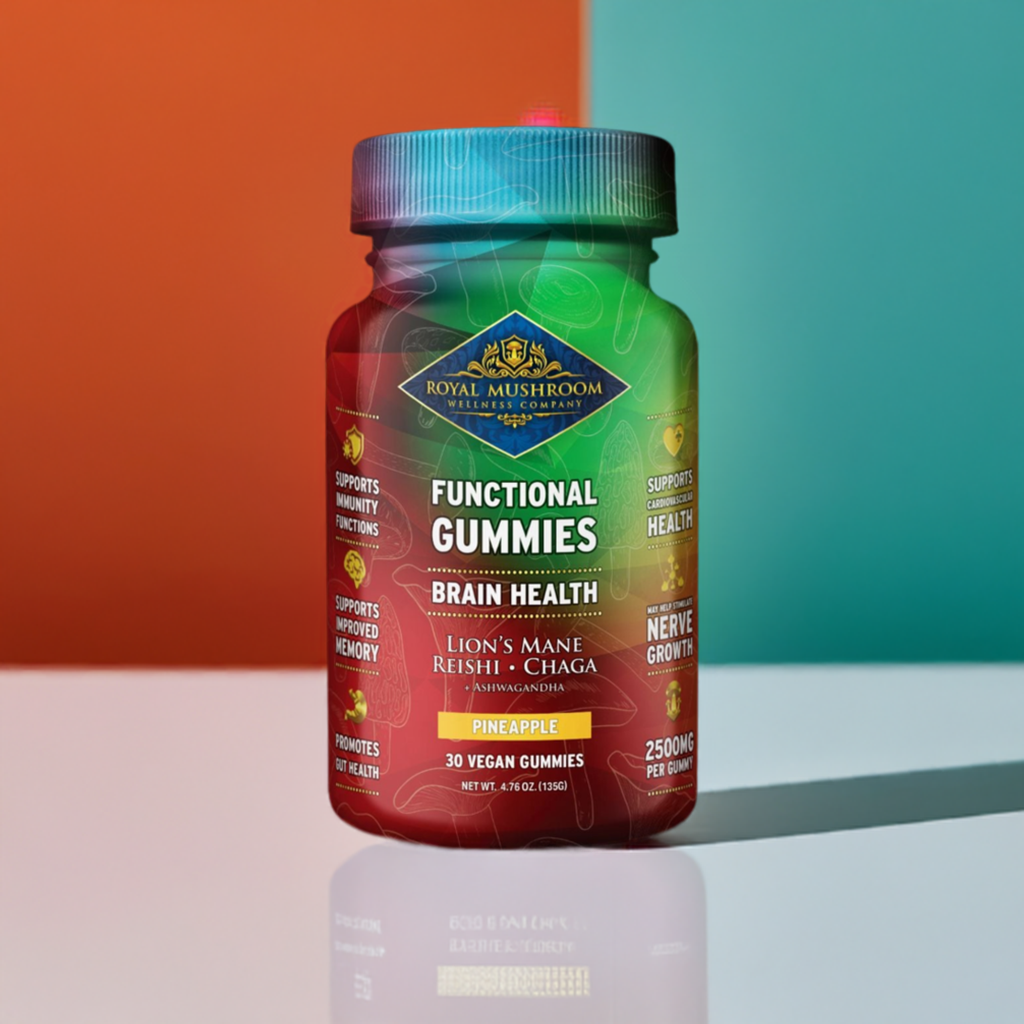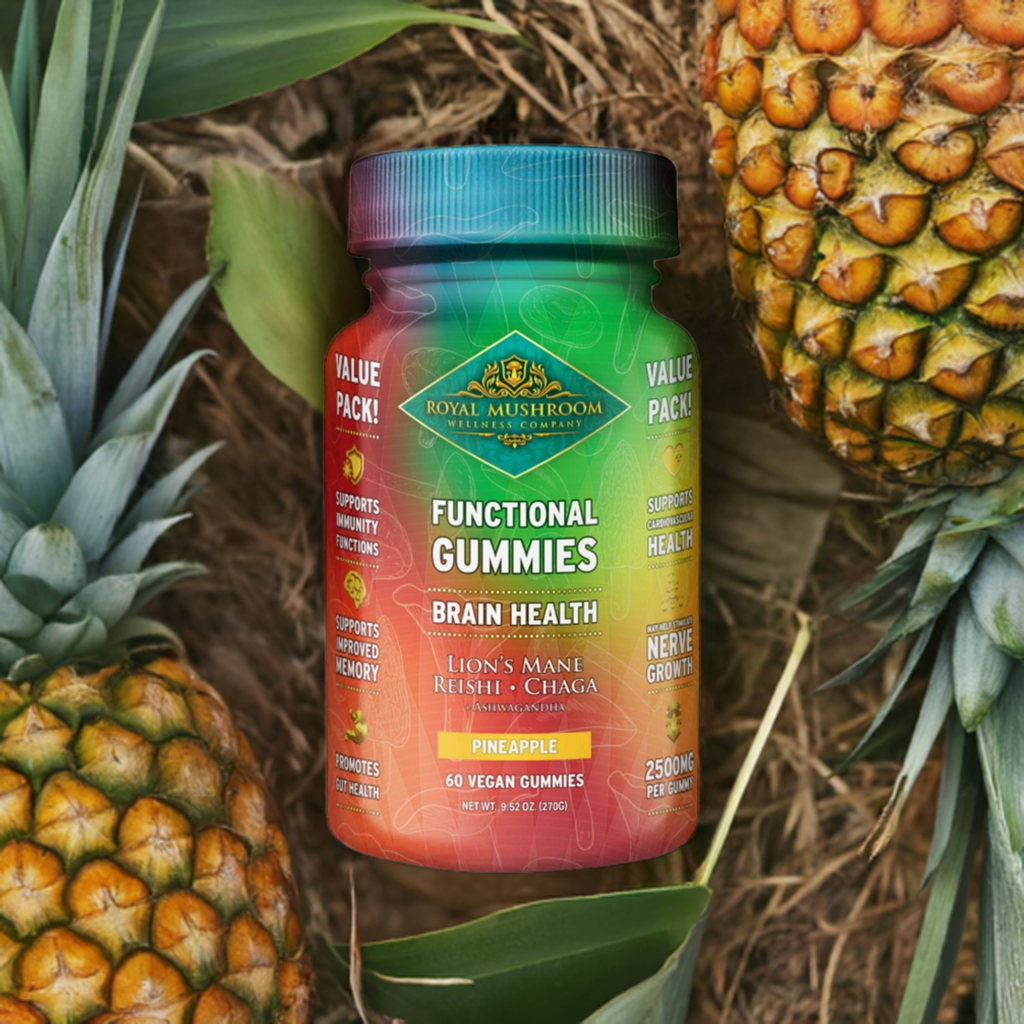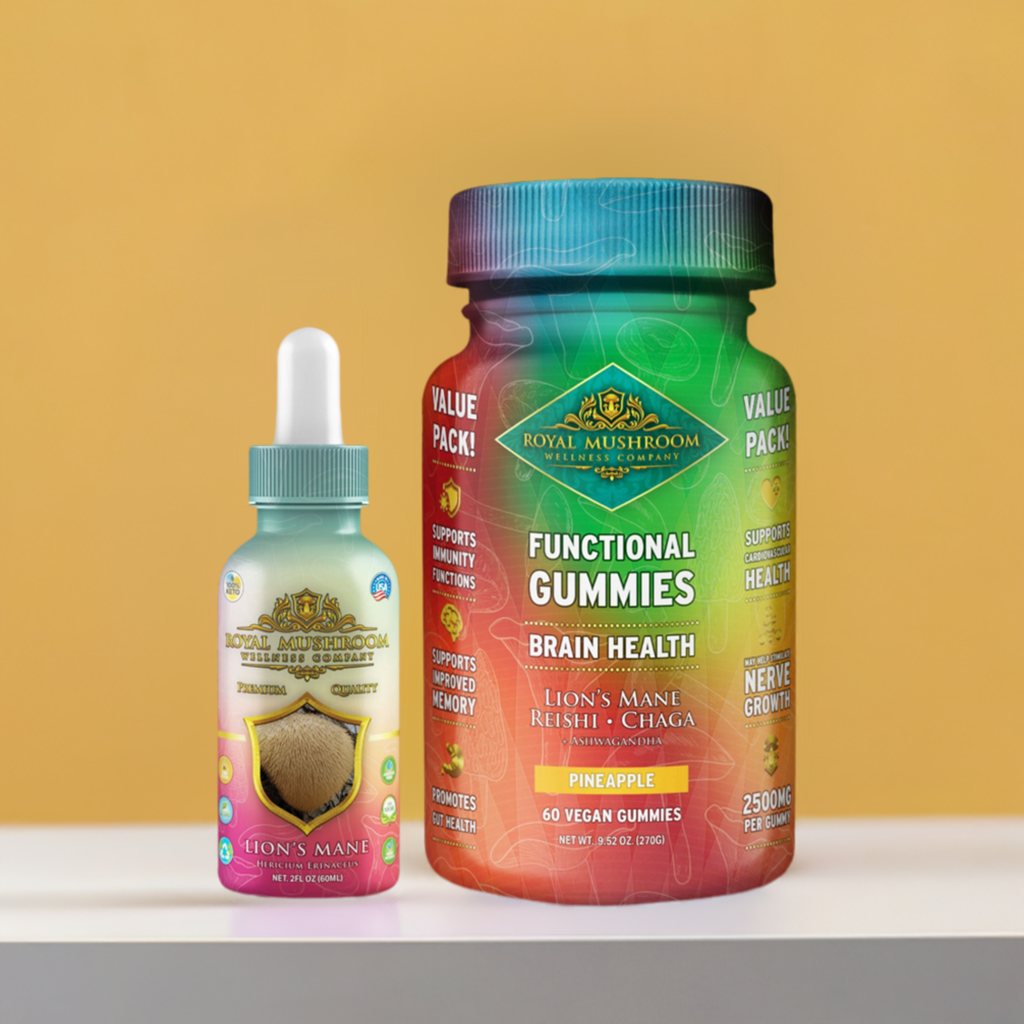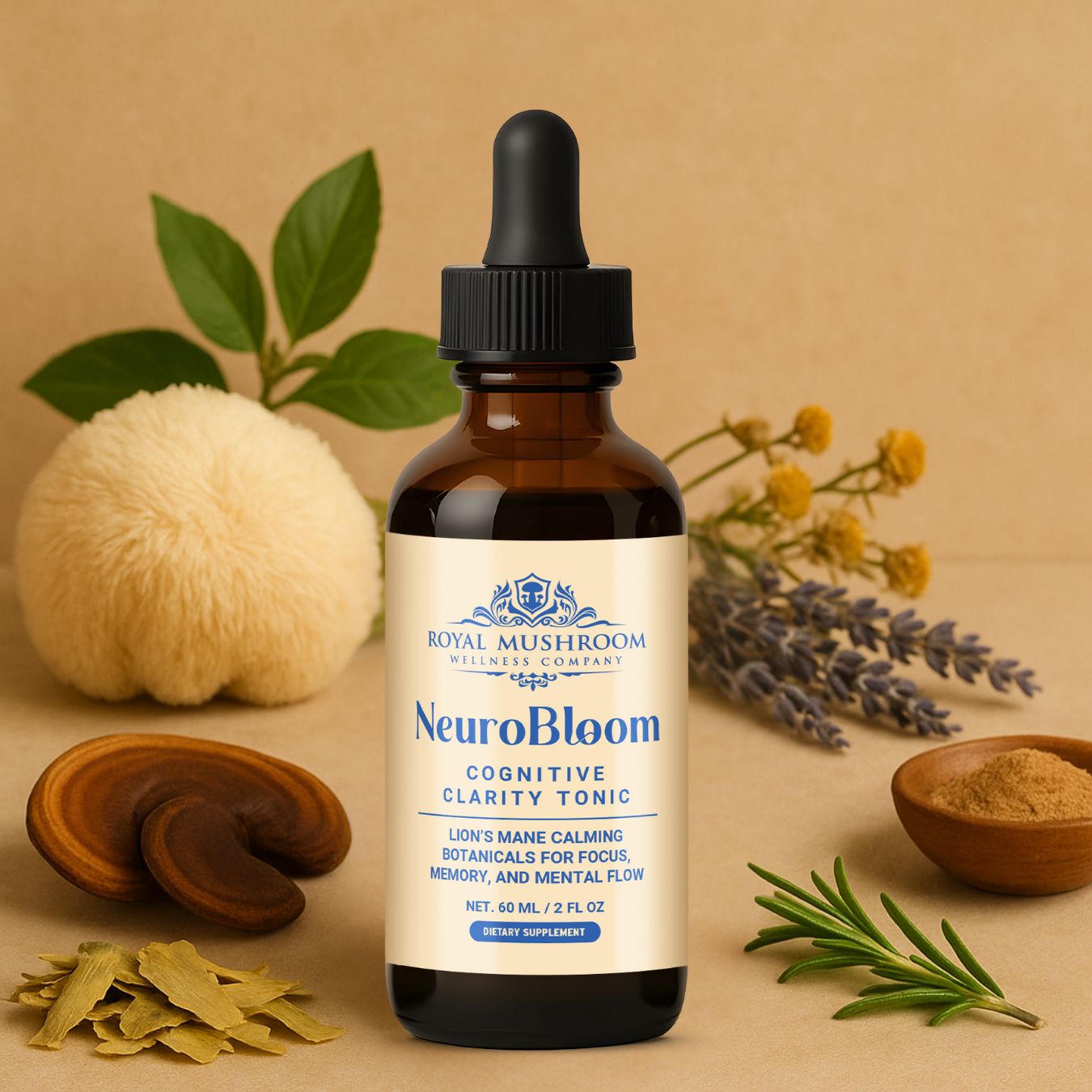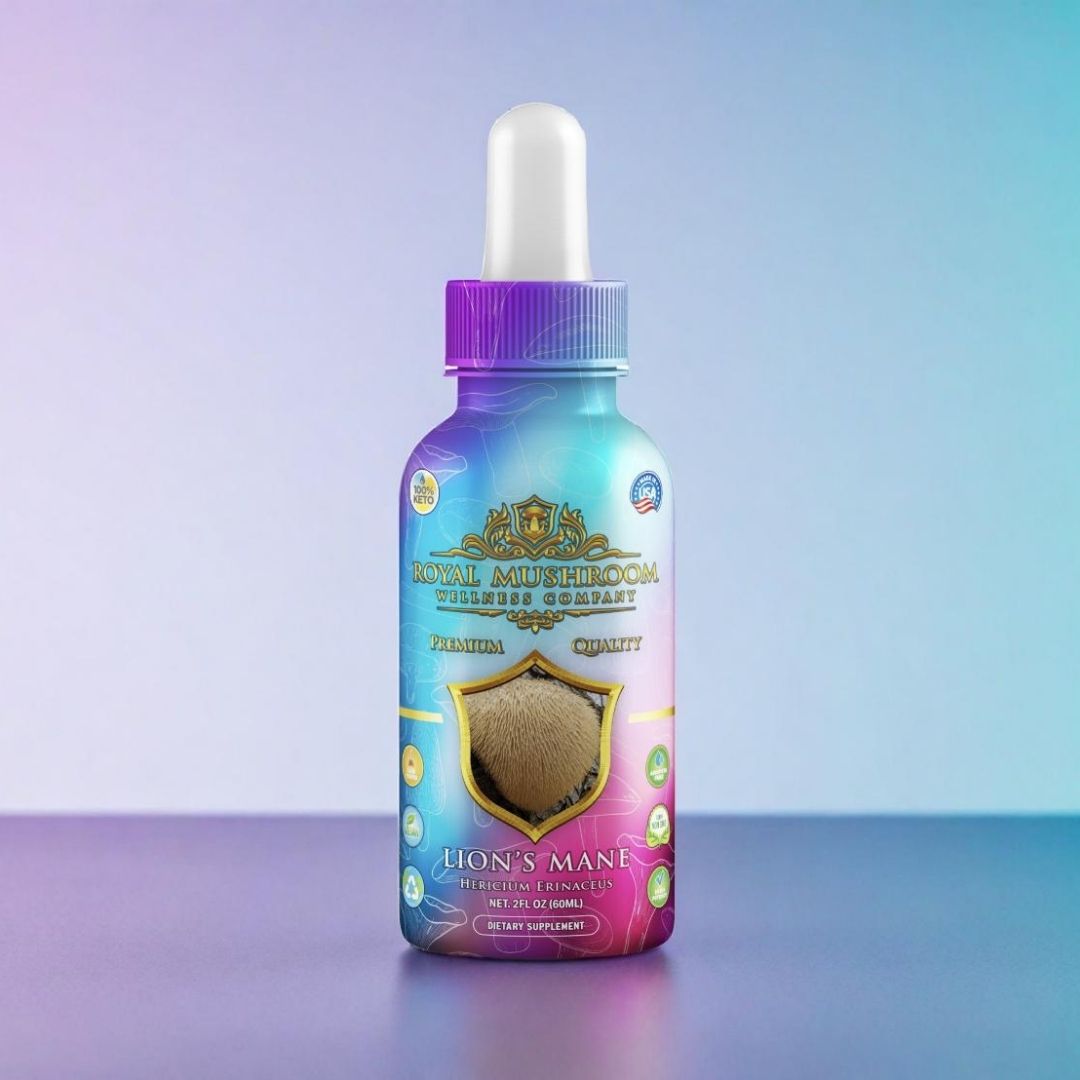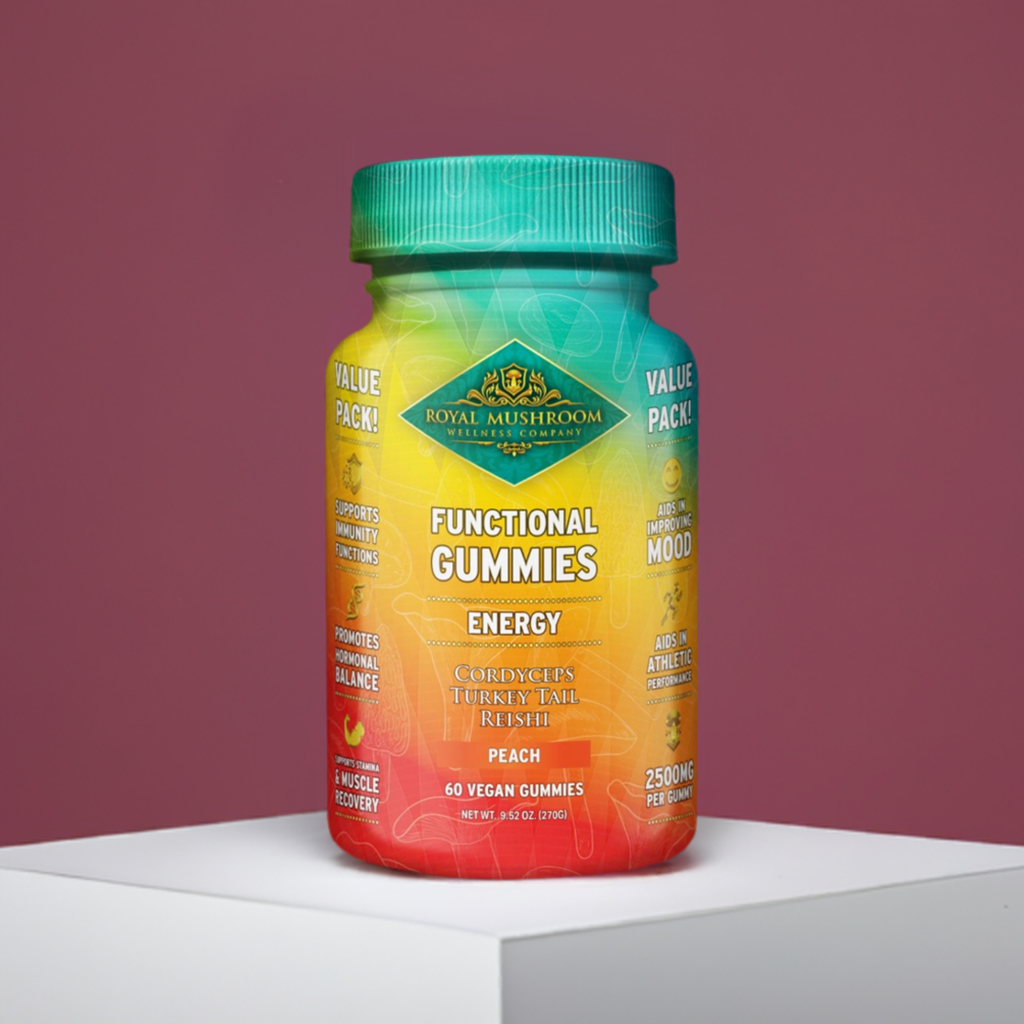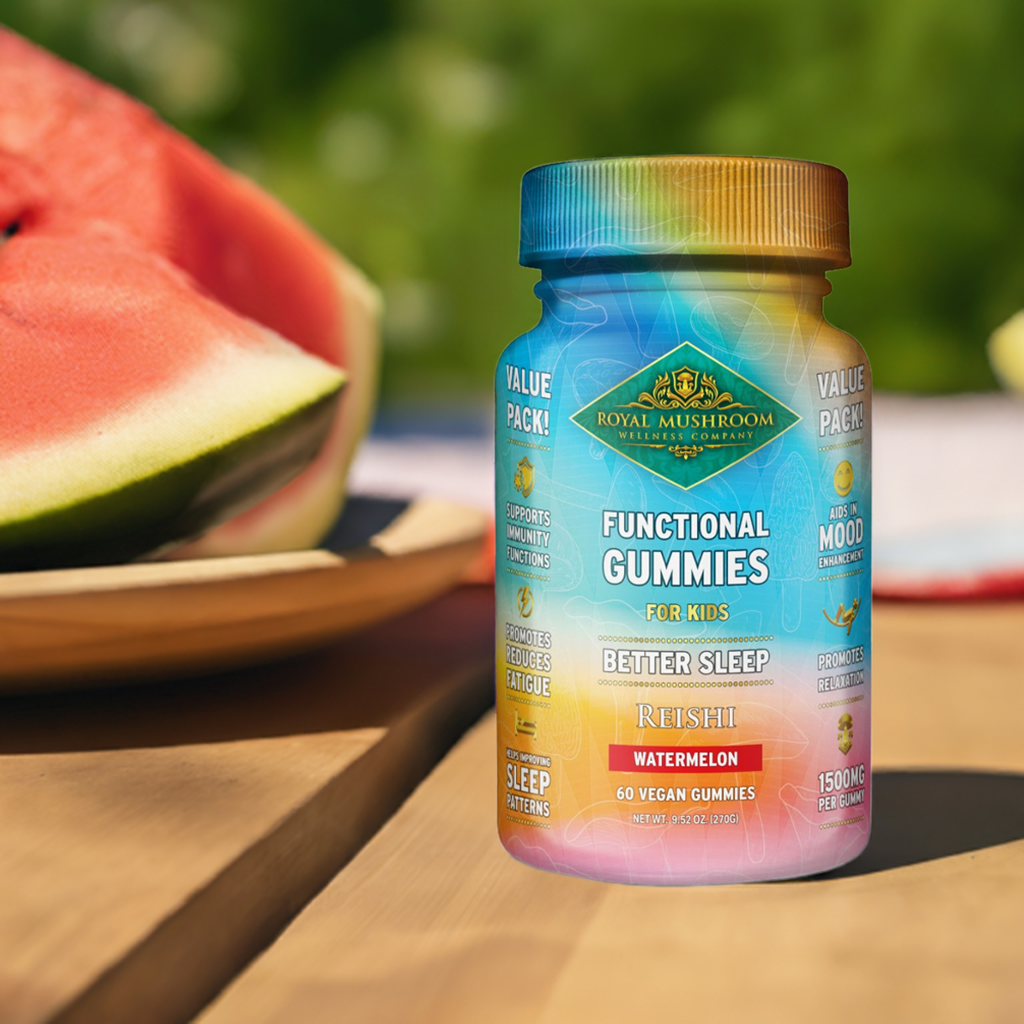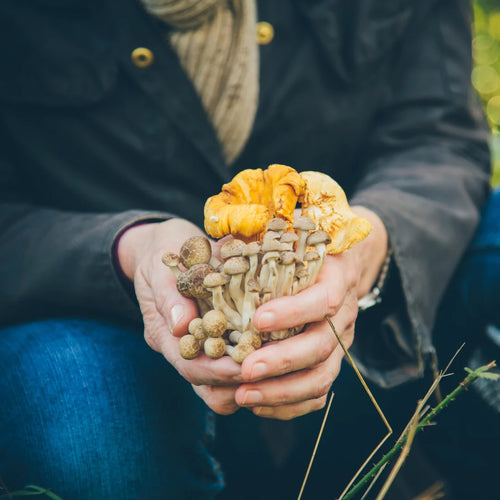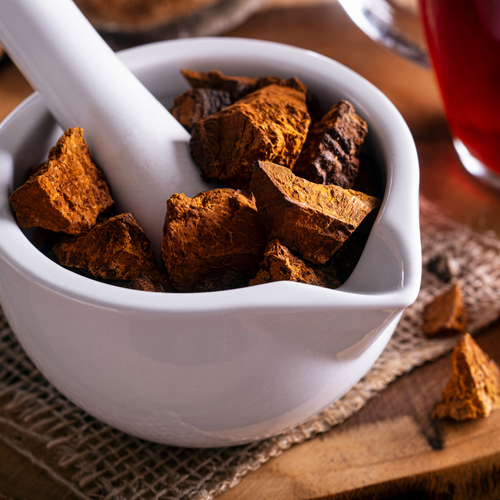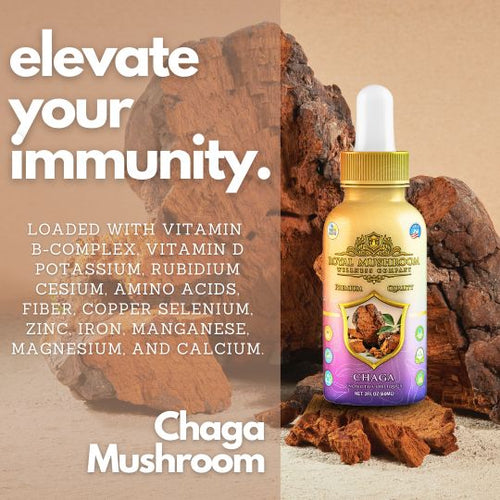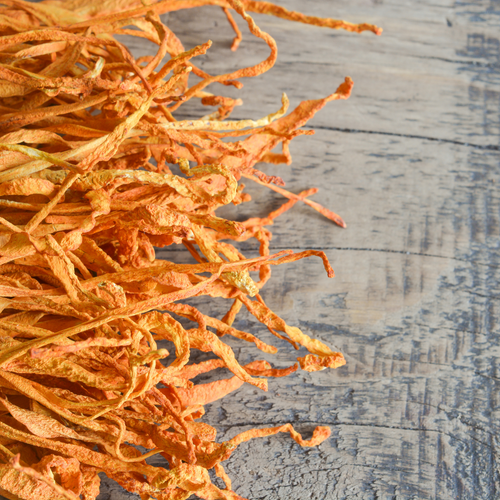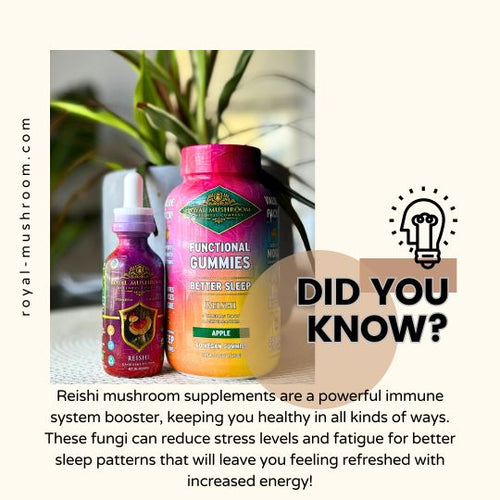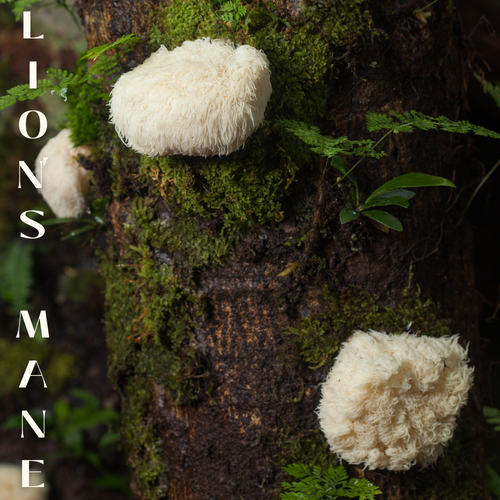Lion’s Mane for Autism in Kids: Benefits, Safety, and What Parents Should Know
Lion's Mane mushroom, known by scientists as Hericium erinaceus and by kids as "the mushroom that looks like a fluffy lion," is getting a lot of attention lately. Why? Because it's not just a cool-looking fungus—it might actually help kids with autism.
In this guide, we break things down in a clear, friendly way for curious parents. We're talking benefits, safety, how to use it, and what real families are saying. No hype—just the facts, served with a side of optimism.
What Is Lion’s Mane Mushroom and How Does It Affect the Brain?
Lion’s Mane is a fuzzy, white mushroom that looks more like a creature from a fantasy movie than something you'd put in a smoothie. But this little brain booster is packed with powerful compounds.
Hericenones and erinacines are the real MVPs here. These fancy-sounding molecules help your brain grow new connections—a process called neurogenesis. Think of it as fertilizer for young minds.
Brain Benefits in Plain English:
-
Helps kids think clearer and remember better
-
Supports calm, focused behavior
-
Boosts your brain's natural repair system
Check out this clinical study on NGF and Lion's Mane
The Link Between Lion’s Mane and Autism Spectrum Disorder (ASD)
Autism Spectrum Disorder (ASD) affects how kids communicate, behave, and interact with the world. No two kids are the same, which is why personalized, gentle support matters.
So where does Lion's Mane fit in?
Studies suggest it can help reduce inflammation in the brain, support speech development, and improve focus. While it's not a miracle cure, it could be a great helper in your autism support toolkit.
Potential Perks for Kids with ASD:
-
Helps with speech delays
-
Supports emotional regulation
-
Can enhance focus and attention
Here’s a study on Lion's Mane and cognitive function
Is Lion’s Mane Safe for Children with Autism?
Good question. Here’s the short answer: Yes.
Lion’s Mane is considered safe for most children, especially when introduced slowly. It’s always smart to chat with your pediatrician before starting any new supplement.
Watch Out For:
-
Mild tummy troubles
-
Allergic reactions (rare, but worth watching for)
How Much Should Kids Take?
Start low, go slow.
| Age Group | Recommended Dosage |
|---|---|
| 2-5 years | 100-250 mg/day |
| 6-12 years | 250-500 mg/day |
| 13+ years | 500-1000 mg/day |

Natural Supplements for Autism: Where Does Lion’s Mane Fit In?
Parents are turning to natural remedies for autism to complement traditional therapies. Lion’s Mane fits right in with a cast of brain-friendly allies:
-
Omega-3s: for mood and memory
-
Probiotics: for gut-brain connection
-
Magnesium: for calm behavior
-
Lion’s Mane: for neurogenesis and focus
| Supplement | Brainy Benefits |
| Omega-3s | Brain growth, emotional balance |
| Probiotics | Gut-brain communication |
| Magnesium | Calming the nervous system |
| Lion’s Mane | Brain cell growth, memory, focus |
How to Use Lion’s Mane for Autism Support in Children
Fun Ways to Take It:
-
Mix the powder in applesauce
-
Add to morning smoothies
-
Try kid-friendly gummies
Parent Tips:
-
Go low and slow. Start small and build up.
-
Make it routine. Daily use is key.
-
Track changes. Journal improvements in mood, focus, speech.
Let it become part of a positive, nurturing routine.
Final Thoughts: Should You Try Lion’s Mane for Your Autistic Child?
Lion’s Mane is a natural, low-risk option that supports brain function and behavior. It’s not a magic mushroom, but it may be a gentle helper.
The Verdict:
YES, if:
-
You want to try natural supplements for autism
-
You're looking to support focus, speech, and calmness
BUT, always:
-
Consult your pediatrician first
-
Start small and observe closely
